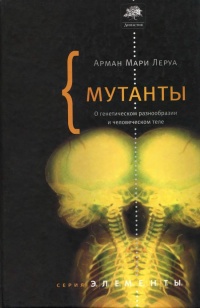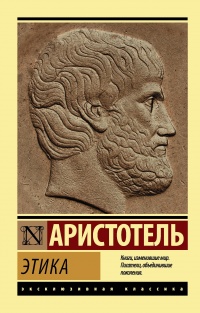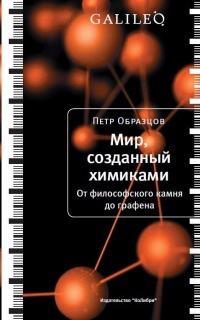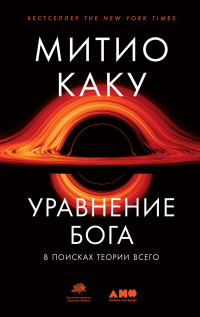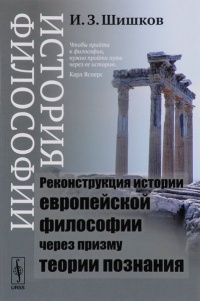Книга Лагуна. Как Аристотель придумал науку - Арман Мари Леруа
Читать книгу Лагуна. Как Аристотель придумал науку - Арман Мари Леруа полностью.
Шрифт:
-
+
Интервал:
-
+
Закладка:
Сделать
Перейти на страницу:
Перейти на страницу:
Книги схожие с книгой «Лагуна. Как Аристотель придумал науку - Арман Мари Леруа» от автора - Арман Мари Леруа:
Комментарии и отзывы (0) к книге "Лагуна. Как Аристотель придумал науку - Арман Мари Леруа"








